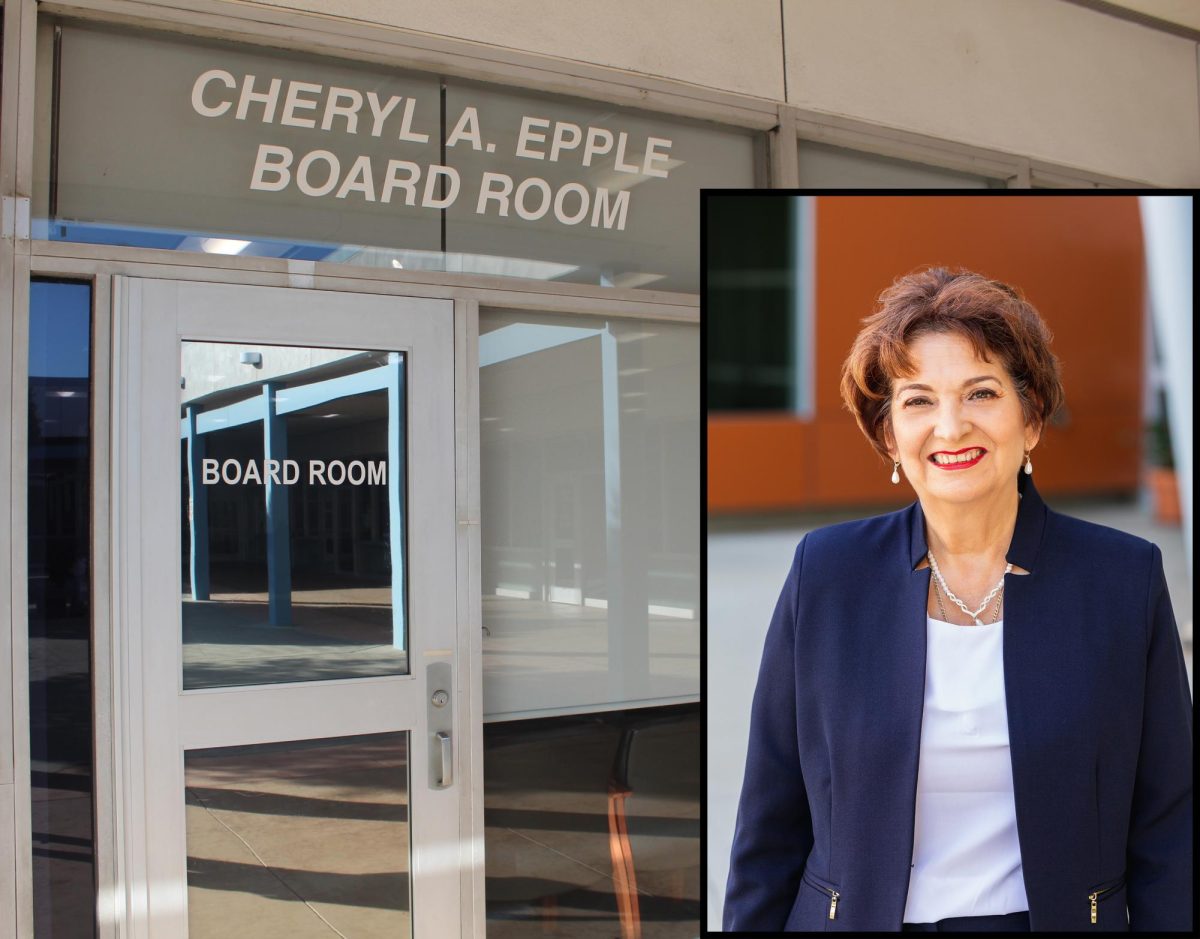UC Berkeley student and recent Cerritos College transfer Lucy Molina has begun to feel the heavy financial transition in her first year at Berkeley, and she feels it will be even heavier with the recent 8 percent increase in tuition and fees that was approved Nov. 8 by the University of California Board of Regents.
Molina said, “In Northern California, the cost of living is a lot more expensive than it would be in L.A. For me, everything has been a hard transition because everything is more expensive than it is back home, and the increase makes it harder to pay for school.
“It’s depressing because you work so hard to go to school and now the fact that you can’t afford to go to school might be a setback for some people.”
The UC regents approved the increase by a vote of 15 to 5, increasing fees by $822 for the 2011-12 school year, adding up to a total of $11,124 for undergraduate students.
This increase comes one year after the UC regents approved a 32 percent fee increase, which raised the fee to $10,300.
However, the increase has not made it impossible for students to attend the UC of their choice. Along with the fee increase, the UC Blue and Gold Opportunity Plan was expanded to cover fees for students who are eligible for financial aid and have family incomes that are up to $20,000.
Because of the plan’s expansion, it is estimated that 55 percent of UC students will not have to pay the increase.
Transfer Center Counselor Brittany Lundeen believes that because of the fee increase, students may now think twice when considering their transfer choices.
“I think there’s always a fear that comes with tuition and students always stray away from the private universities because of that fear of the tuition costs. With the UCs raising tuition costs to almost $12,000 may turn people in a different direction.”
Lundeen recommends that despite the scare of the fee increase, students should still consider every option they have to pursue higher education.
Since the increase was approved, UC students have voiced their opinions.
At the UC regents meeting that the increase was approved, 300 students stood outside protesting the increase.
The protests turned violent when 13 protestors were arrested and 15 were pepper-sprayed. After the altercations, UC San Francisco Police Chief Pamela Roskowski referred to the protestors as, “an angry and unruly and aggressive crowd.”
UC Santa Barbara student Joel Jarquin recalled a previous incident in protest to the UC tuition fees.
“In one of my classes during my freshman year, people walked into my classroom and walked up with coffins and dressed in black, to state that the UCs are dying,” Jarquin said.
He also mentioned that at that time, tombstones were placed throughout the campus to symbolize the same sentiment.
Jarquin mentioned that because of the large number that the increase was passed, he thinks that it was done without consideration of students.
He said, “They (UC regents) don’t care about what we say. There’s nothing we can do about it because we’re not the voters.
“I understand it’s our responsibility for the people who are going to be coming in next year and the years after, but they can’t do anything about it, we have to do something about it, but we really can’t do much. It’s hard to do anything because they don’t really listen to us.”
Some students like paleontology major Alan Leyva and psychology major Jessica Yuen may not have heard about the increase, but are willing to prepare nonetheless.
If he were to be affected by the recent increase, Leyva said, “I would have to get a part-time job or get some kind of other income or work harder.”
Yuen is taking an alternate route to the situation, pursuing other forms of financial aid.
I would get a big scholarship because I know that I wouldn’t be able to work because of my schedule. I’m hoping to transfer as a student athlete so I’m hoping to get a scholarship,” she said.
Molina advises that students start preparing now financially to avoid encountering unforeseen predicaments at the last minute.
“You don’t really go over the financial situation with your parents until you’re actually getting your letters [of acceptance]. It’s always nice to have a little bit saved up just when you’re making that transition, especially if it’s a place that’s far away from home,” She said.
She also mentioned that students finish their general education requirements as soon as possible in order to transfer quickly and perhaps avoid staying longer and paying more at the UC level.
“It’s always important to prepare for that transfer both financially and academically,” Molina added.








